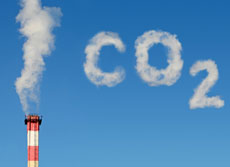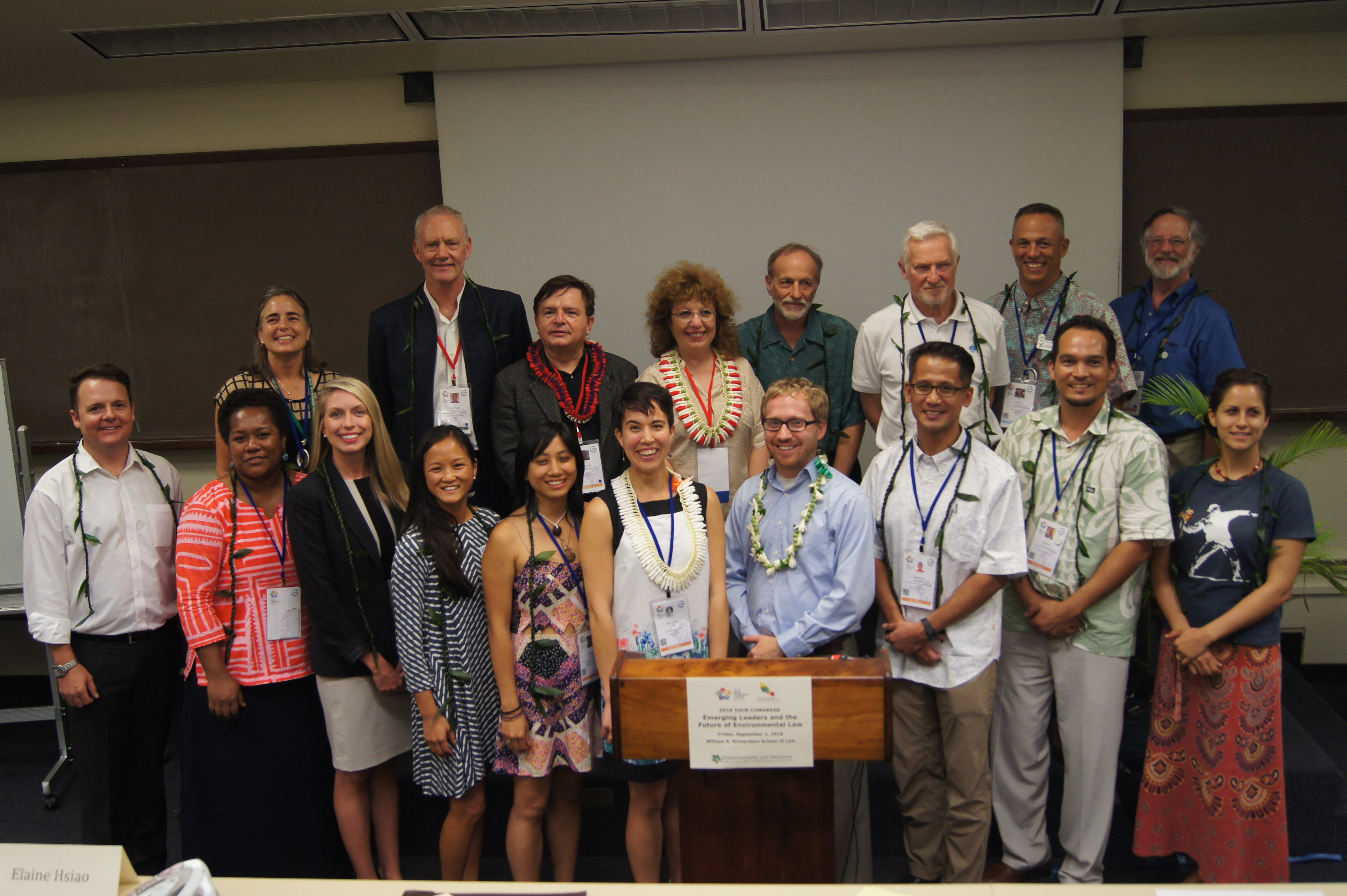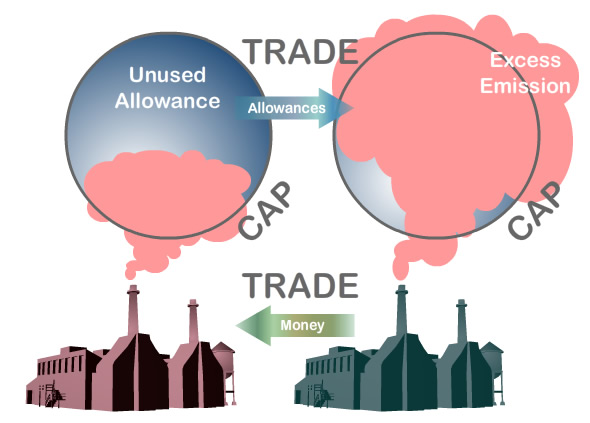Region: International
October Surprises: A Month of Major Advances in Climate Policy
October has seen major strides toward controlling greenhouse gases.
As the campaign seems to get more and more awful, I thought you might like to hear some good news. Behind the tumult of the campaign, there has been real progress in addressing climate change in the U.S. and around the world. In particular, there were four major advances just this month. The first is that …
Continue reading “October Surprises: A Month of Major Advances in Climate Policy”
CONTINUE READINGGlobal Climate Cabal Revealed!!
Now it can told! Exclusive interview with cabal leader.
My eyes were opened at last.Last week, one Presidential candidate accused the other of meeting “in secret with international banks to plot the destruction of U.S. sovereignty in order to enrich these global financial powers.” The candidate also spoke of a global conspiracy of multinational corporations and media. Inspired by this speech, I was able …
Continue reading “Global Climate Cabal Revealed!!”
CONTINUE READINGSurveying Climate Change Law
In only 25 years, a dynamic new field of law has taken root.
Climate Change Law, the first volume of Elgar’s Encyclopedia of Environmental Law has just appeared. There are a number of excellent edited collections about aspects of climate change law. What distinguishes this one is that breadth of the coverage, including both international and domestic aspects of carbon reduction and adaptation to climate change. The book confirms how quickly climate change …
Continue reading “Surveying Climate Change Law”
CONTINUE READINGThe Impact of a Trump Presidency, in Tons of CO2
A Trump presidency would add 2.4 billion tons of CO2 to the atmosphere. At a minimum.
One of Trump’s pledges is to eliminate Obama’s Clean Power Plan. That wouldn’t be quite as easy as he thinks, but there’s little doubt that he could do so. So, how much difference would that make? The answer turns out to be 2,470,000 tons of additional carbon emissions. That’s a bare minimum; the actual added …
Continue reading “The Impact of a Trump Presidency, in Tons of CO2”
CONTINUE READINGThe Machine at the Center of the Clean Power Plan
By William Boyd, Ann Carlson and Cara Horowitz
As attention shifts from last night’s debate to today’s oral argument on the Clean Power Plan, we thought it worth focusing on the machine at the heart of the President’s plan to cut greenhouse gases from the electric power sector: the electricity grid. You might think that the largest machine in the United States is one …
Continue reading “The Machine at the Center of the Clean Power Plan”
CONTINUE READINGThe Future of Environmental Law?
Thoughts from the IUCN World Conservation Congress in Hawai’i
I am writing this weekend from a sunny spot in the Pacific, from the IUCN World Conservation Congress in Honolulu. For the uninitiated, the IUCN—International Union for Conservation of Nature and Natural Resources—is a global union of governments and non-governmental organizations (including over 1300 member institutions, organizations, and countries worldwide) focused on the conservation of …
Continue reading “The Future of Environmental Law?”
CONTINUE READINGThe Clinton Foundation and the Environment
There’s a lot of talk about where the money comes from. But where does it go?
We hear a lot about the Clinton Foundation these days, but it’s all about where the money comes from. That’s outside the scope of this blog, but it made me curious about what they do with the money. In particular, I wondered what they did for the environment. Since the only thing I really knew …
Continue reading “The Clinton Foundation and the Environment”
CONTINUE READINGDoes AB 197 Mean the End of Cap and Trade in California?
Language Directs the Air Resources Board to Prioritize Direct Emissions Reductions
As Ethan’s post recounts, the California Assembly today passed AB 197, a bill linked to SB 32, which extends California’s climate goals to 2030 and requires emissions reductions by that year of 40 percent below 1990 levels (see my post from yesterday describing the bills and how they are linked). The passage of the two …
Continue reading “Does AB 197 Mean the End of Cap and Trade in California?”
CONTINUE READINGSB 32 Passage Great News But Legislature Needs to Pass AB 197 Too
AB 197 Would Curtail California Air Resources Board Power, Potentially Restrict Cap-and-Trade
Ethan reported the good news today that the California Assembly passed SB 32, legislation that would extend California’s landmark climate change legislation to 2030 and require deeper cuts in emissions. The original legislation, AB 32, required that California cut its emissions to 1990 levels by 2020. SB 32 requires that the state achieve a 40 …
Continue reading “SB 32 Passage Great News But Legislature Needs to Pass AB 197 Too”
CONTINUE READINGRio’s Dirty Water
Everyone seems to be talking about the pollution in Guanabara Bay
With the Opening Ceremonies for the 2016 Summer Olympics set for tomorrow night, the world’s attention is turned to Brazil. For someone with a great love for the country, it is disheartening to see the series of articles in the run-up to the Olympics emphasizing the negatives—challenges due to political turmoil, security concerns, the Zika …
Continue reading “Rio’s Dirty Water”
CONTINUE READING












